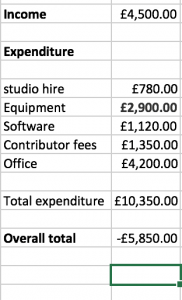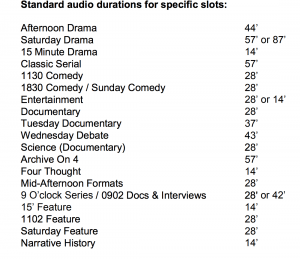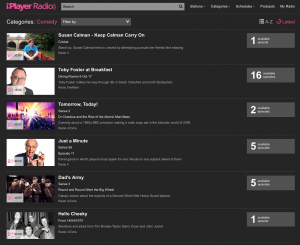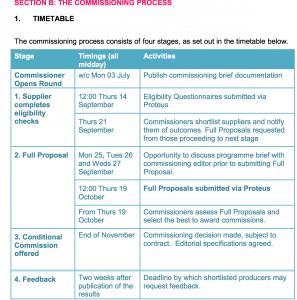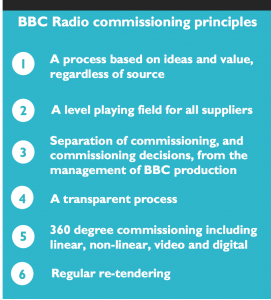Ever since the Marry Whitehouse experiment there hasn’t really been any satirical comedy based around politics for young people with this being placed instead on Radio 4 which can be viewed as a natural place due to its spoken word content, however, the audience is drastically different which is proven in the blog post here, meaning that there is not really a place for young people’s comedy on any BBC Radio Network. Yet at the same time as this, there is more and more political engagement in young people as proven by the voting statistics in the most recent general election where 67% voted and in the European referendum where 64% voted and as a result had a massive effect on the outcome of both. (Financial Times, 2017) (The Independent,2016)
Furthermore, more than ever young people are seeing political news and content shared on Facebook with millions being spent on social media advertising in the recent election by political parties (Financial Times, 2017). Ultimately this means that young people are engaged in politics and as a result, relevant political comedy, such as Spotify launching their podcast called We need to talk about.
At the same time as this Radio 1 is now aiming to be more podcast based than it has been previously under this new commissioning brief that has been established (here) and the one that we intend to fulfil through this project. However in the wider context, this is not unexpected as Radio 1 has been described as competing against the likes of Minecraft and Netflix and as a result, needs to adapt itself to be more of an on-demand service so that it can provide the content that a listener wants and when they want and the importance of a truly multiplatform station through the likes of Youtube and Facebook (Guardian, 2016)
Ben Cooper the controller of Radio 1 has previously stated the importance of Radio 1’s content being built for phones and listeners enjoying it on the move and I believe that our programme Have You Heard The News A Year In Review is suitable to fulfil this. (Guardian,2017)
This is shown within their strategy of Listen Watch Share, which means that they encourage listeners to initial listen to a programme then watch the videos or other supporting content from it on Twitter or Facebook and then share this via the same medium to encourage more people to listen to the original programme. Ultimately this to build up a multiplatform environment for Radio 1 to exist in rather being solely one platform.
Overall I believe that this justifies why we have the potential to launch a new political based podcast on Radio 1 as there is nothing like this out for young people bar commercial alternatives and the BBC should be leading the way in outputting new and experimental comedy and content which I believe Have You Heard The News The Year in Review is.
https://www.ft.com/content/6734cdde-550b-11e7-9fed-c19e2700005f
http://www.independent.co.uk/news/uk/politics/eu-referendum-brexit-turnout-young-voters-youth-vote-double-a7129181.html
https://www.ft.com/content/d1c854f0-4cea-11e7-a3f4-c742b9791d43
https://www.theguardian.com/media/2016/sep/19/bbc-radio-1-aims-to-be-netflix-of-music-radio-with-phone-first-strategy
https://www.theguardian.com/media/2016/oct/03/ben-cooper-radio-1-up-against-minecraft-young-audiences
http://www.bbc.co.uk/programmes/p04x2k75
